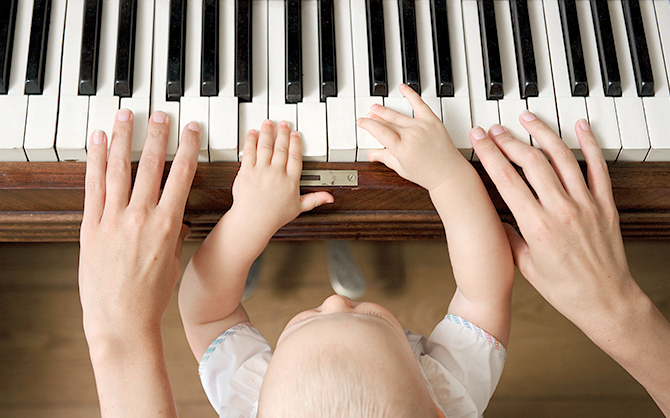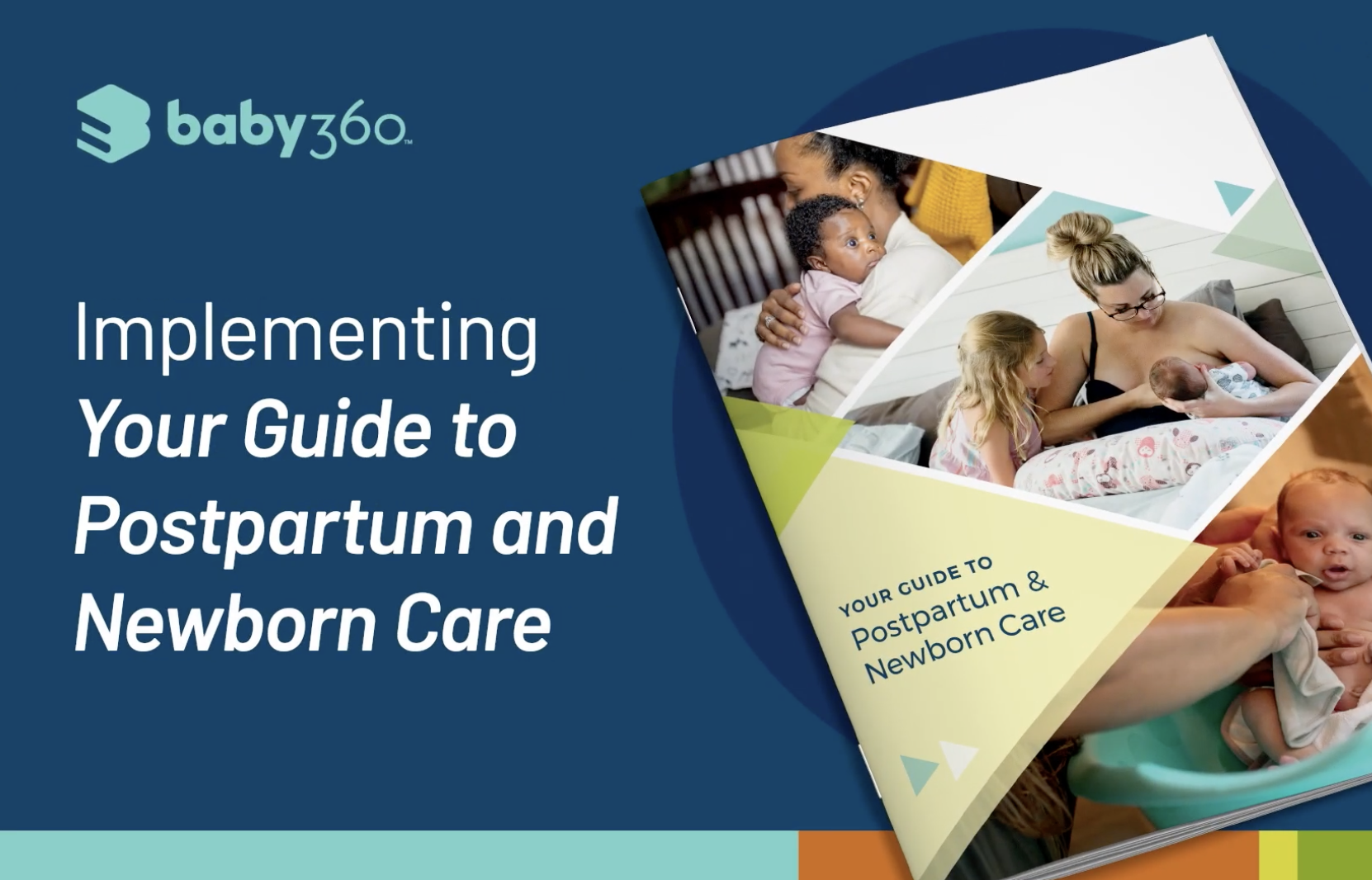Researchers, music therapists and birth experts have conducted a number of studies about the role of music therapy in breastfeeding. Can music actually have an effect on breastfeeding mothers and their milk? Are those breastfeeding playlists on Spotify really helping anyone? Music has been proven to have a sizable effect on relaxation, anxiety and bonding – all of which impact breastfeeding and breastmilk production. Here are just a few studies that showed music’s effect in different applications.
First-time mothers and anxiety
Fear and anxiety negatively impact the first breastfeeding attempts by many first-time mothers. These researchers found that first-time moms who listened to music before breastfeeding in the hospital reported feeling more relaxed and less anxious than mothers who didn’t.
Bonding after birth
This study looked at whether music could trigger increased lactation. Music was used to promote relaxation and an emotional connection with the newborn immediately following vaginal birth. The results showed significantly increased lactations after suckling in mothers who listened to music versus those who received routine immediate postpartum care.
Pumping and stress
Reducing stress levels is crucial for milk production in mothers of preterm infants in the NICU. One study had mothers of preterm infants pump breastmilk while listening to classical Indian music. Compared to pumping sessions without the music, these same women produced more breastmilk and their saliva contained less cortisol. Researchers concluded that music therapy could help to counteract delayed onset of lactation. In a separate study, mothers of preterm infants were divided into four groups to study the effects of music while pumping. The three groups who listened to music produced significantly more milk than those in the control group. They also produced milk of higher quality, with much higher fat content.
So music may actually play a role in milk production and breastfeeding after all. Maybe some of those Spotify playlists are worth a listen. Patients may want to curate their own playlist ahead of time with music that is meaningful to them. And if you hear complaints that a breast pump sounds like it’s saying “breast pump breast pump breast pump”, there’s a playlist for that, too.



